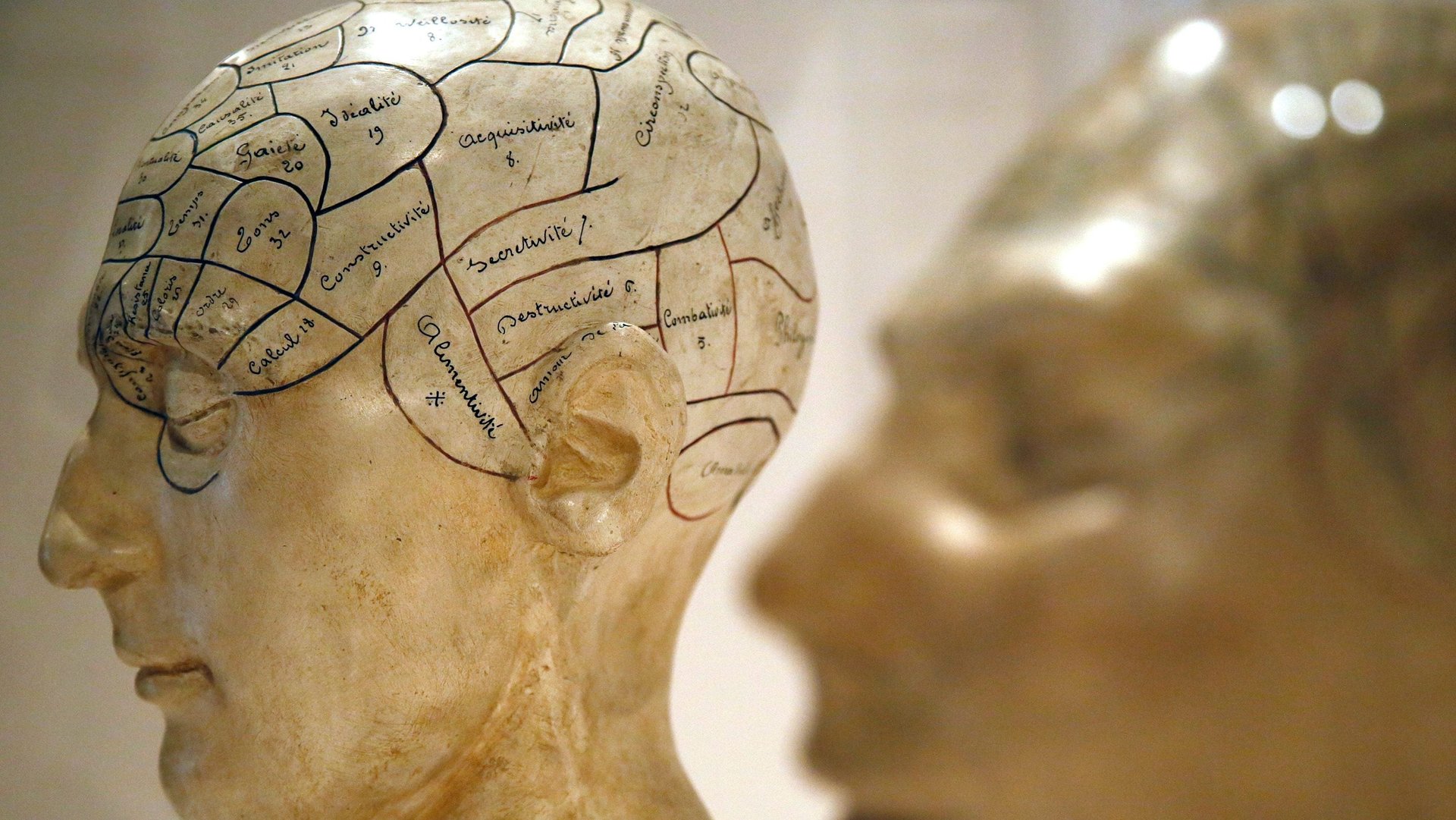Psychologists have developed a new 10-minute “intelligence” test
Move over IQ, there’s a new intelligence test on the scene. Psychologists have developed a free 10-minute test that they claim is an excellent assessment of “fluid intelligence.”


Move over IQ, there’s a new intelligence test on the scene. Psychologists have developed a free 10-minute test that they claim is an excellent assessment of “fluid intelligence.”
The test, developed by psychologists at UC Riverside and UC Irvine, is called University of California Matrix Reasoning Task (or UCMRT) and measures abstract problem-solving ability. According to a study published in the journal Behavior Research Methods, the test’s 23 questions were trialled on 713 students, and the results correlate with math test, college GPA, and college admissions test scores. The psychologists are making the test available to other academics to use for research purposes, but don’t plan to release it to the public.
Before anyone starts eagerly awaiting the public version of this test, it’s worth remembering that “fluid intelligence” means something quite different in psychological lingo than in layperson conversation. To psychologists, it means the ability to think logically and solve problems in new situations, uninfluenced by preexisting knowledge. “Crystalized intelligence,” meanwhile, refers to someone’s ability to make use of acquired knowledge and experience. (Of course, there’s no perfect divide; very few problems can be solved without any pre-existing knowledge, which is why 20-year-olds tend to be better at fluid intelligence questions than 5-year-olds. But, broadly speaking, crystallized intelligence improves as people learn more, whereas fluid intelligence is considered innate and can’t be influenced by learning or training.)
Both fluid and crystalized intelligence are evaluated in the most well-known intelligence test, IQ—but this method of carving up intelligence and claiming to give it a definitive score has been heavily critiqued by psychologists. Indeed, many have argued that evaluating something as complex as intelligence using just one measure is bound to be wrong. One 2012 study, published in the journal Neuron, had 44,600 participants perform 12 challenging tasks testing a range of cognitive skills, and found that results couldn’t be explained by any one “intelligence” test. Instead, it took three separate components to predict results: short-term memory, reasoning, and verbal skills.
This finding matches layperson perceptions of intelligence. Some people are brilliant at mathematics, others are beautiful sculptors, and others can win every debate. All of these are signs of quite different forms of intelligence, and they don’t necessarily coalesce in the same person.
So go ahead and take a test that measures your ability to solve problems in situations where pre-existing knowledge doesn’t help at all. Just don’t expect the results to reflect your intelligence.
Update: This piece has been updated to reflect the fact that the creators of the test don’t plan to release it to the public.